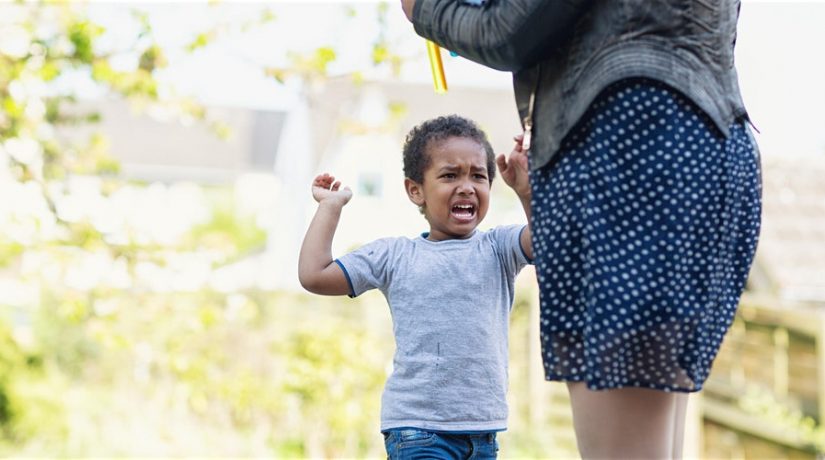Have you ever seen your child kicking or lashing out at some other kids or has another kid in school ever hurt your lovely child? At one time or the other, we have seen our children or other kids acting in an aggressive manner. Almost all of us struggle with understanding and helping our children when they hurt or are being hurt by others.
Often times, aggression in children can be as a result of lack of self-control emanating from an apparent feeling of isolation, dejection, fear, and resentment. Adults are not immune from aggression as well; they just have better self-control over their irrational behaviors. Children do not have this and need our help (as parents, caregivers, and teachers) to prevent them from acting so aggressively.
Below are 6 actions you should employ;
- Observe: Is your child really hurting others? Why is he acting in such a manner? As parents, we need to monitor and look closely at what conditions do my child behave so irrationally.
- Set firm rules: Children needs to know what behavior is and is not acceptable. It is very important as parents to set our rules on aggression. This will create a conscious state of mind and teach them self control. A child who bites or kicks others should immediately face the consequence.
- Avoid physical punishment: Harsh, punitive punishment is associated with aggressive behavior in children. There is every tendency that if you hit or flog your child, he will go outside and bully someone else. Nagging or punishing children for acting aggressively can reinforce aggressive behavior.
- Instill self-control: Teach your children appropriate behavior skills. Teach them to control their impulses so that they do not lash out without considering the consequences.
- Be good role models: It is only natural that children tend to mirror the behavior of their parents. Be the kind of person you hope your children will grow up to be. Parents, who are verbally or physically aggressive with each other, promote aggression in their own kids.
- Use reward: When you notice your child behaving in an accepted and appropriate manner, notice and compliment him. Praise and encourage him to continue along the path of non-aggression.


